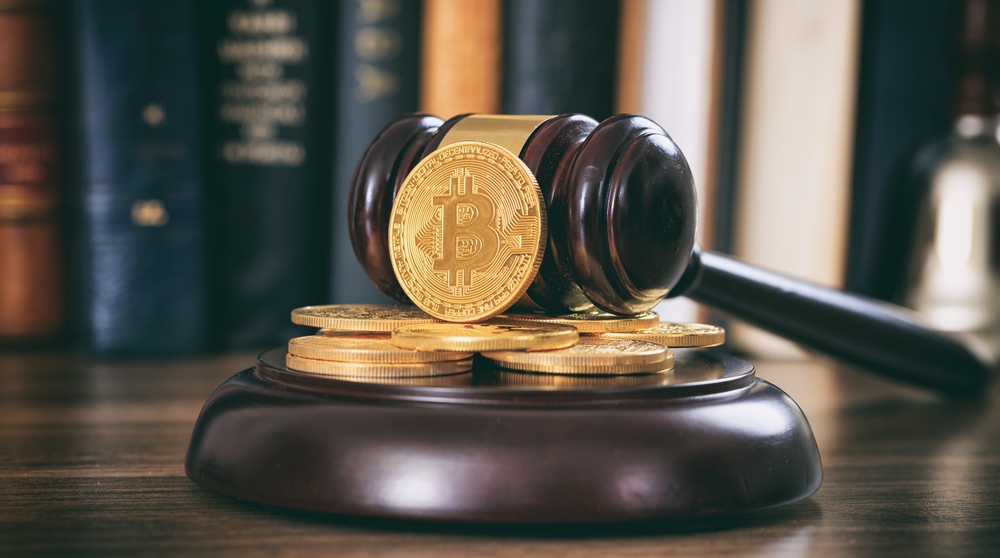Indian Court Admits Crypto Exchange Petition, Issues Notice to Central Bank Against Banking Ban

The widow of QuadrigaCX's CEO is asking for reimbursement of her court fees to the chagrin of the exchange's users. | Source: Shutterstock
Digital asset trading platform CoinRecoil’s writ has been admitted by the High Court of Delhi with the announcement of a hearing on May 24.
Reserve Bank of India (RBI), The Union of India through Secretary, Ministry of Finance and GST Council have received a notice from the court as well. CoinRecoil is Kali Digital Ecosystems upcoming project – the company had initially filed a petition against RBI’s decision of prohibiting banks to work with cryptocurrency entities on Apr. 18.
According to CoinRecoil’s statement, the ban imposed by RBI violates Article 14 and Article 19(1)(g) of the Constitution of India . The principles state that every person has the right to equality before law and all citizens have the right “to practise any profession, or to carry on any occupation, trade or business.”
Rashmi Deshpande,an associate partner of law firm Khaitan & Co., said, “The move by the RBI has put the burgeoning crypto currency sector in jeopardy and may affect the basic rights of such entities to carry on any trade. The circular appears to be arbitrary and unconstitutional since it does not give strong facts as to why RBI is against the business of cryptocurrencies. A logical and well thought arguments backed by solid facts are the primary requirements under the Constitution to put a stop to any business in India.”
In the petition, Kali Digital Ecosystems called RBI’s statement “arbitrary and unconstitutional” and wrote that no proper rules and regulations were set by the GST Council for cryptocurrencies. RBI also failed to describe ‘cryptocurrency’ by simply calling it a technological innovation and opting for a vague statement, “Virtual Currencies (VCs), also variously referred to as crypto currencies and crypto assets, raise concerns of consumer protection, market integrity and money laundering, among others.” Kali Digital Ecosystems also mentioned that it received “differential treatment” which is why the decision is not equitable.
Featured image from Shutterstock.